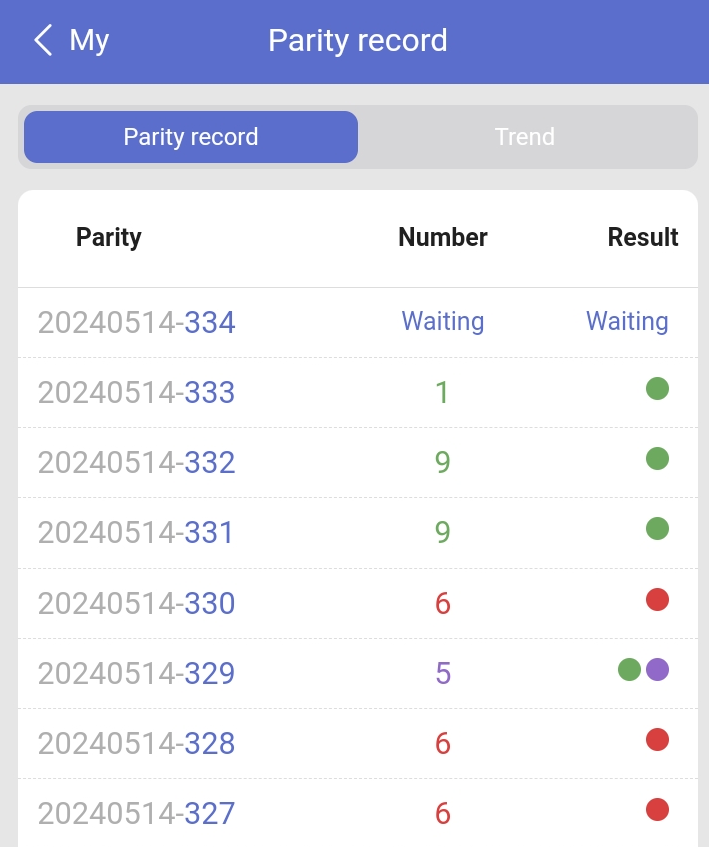Mastering Prediction Tips: A Comprehensive Guide
Whether you're navigating the world of sports betting, financial forecasting, or daily weather predictions, having a solid grasp of prediction techniques is crucial. In this guide, we'll explore some expert tips and strategies that can help you become more proficient in making predictions.

Understanding the Basics of Prediction
Predictions are not about seeing the future, but about making well-informed estimates based on available data. This requires both qualitative and quantitative analysis, where historical data, current trends, and statistical models play pivotal roles.
Key Tips for Effective Predictions
1. Gather Quality Data: Good predictions start with good data. Ensure that the data is relevant, accurate, and comprehensive.
2. Use Appropriate Tools: Leverage statistical and analytical tools that can help streamline the data analysis process. Tools like MATLAB, SAS, or R are widely used in prediction tasks.
3. Understand the Context: The context in which you are making predictions can significantly affect the outcomes. Be mindful of external factors that could influence your predictions.
4. Learn from Past Predictions: Always review your past predictions, whether they were successful or not. This helps in improving future prediction accuracy.
5. Use Predictive Modeling: Models like regression analysis, time series forecasting, and machine learning algorithms can be highly effective in making predictions.
6. Continuously Update Models: As new data comes in, it's crucial to update your predictive models to maintain their accuracy over time.
.jpg)
Applications of Prediction in Various Fields
Predictive techniques are used across many different fields:
- Sports Betting: Predicting game outcomes, player performance, and other related metrics.
- Finance: Forecasting stock prices, economic trends, and risk management.
- Weather Forecasting: Predicting weather conditions to plan agricultural, travel, and daily activities.
- Healthcare: Forecasting disease outbreaks, patient recovery times, and potential medical discoveries.
Challenges in Making Accurate Predictions
Making accurate predictions is inherently challenging due to the dynamic nature of data and external factors. Unforeseen events, such as natural disasters or global pandemics, can drastically affect prediction models. Therefore, it's important to have flexibility and adaptability in your predictive approaches.
Conclusion
While prediction is an inherently uncertain activity, using the right techniques and maintaining a disciplined approach can significantly enhance the accuracy of your predictions. As you continue refining your methods, remember that continuous learning and adaptation are key components of successful prediction strategies.